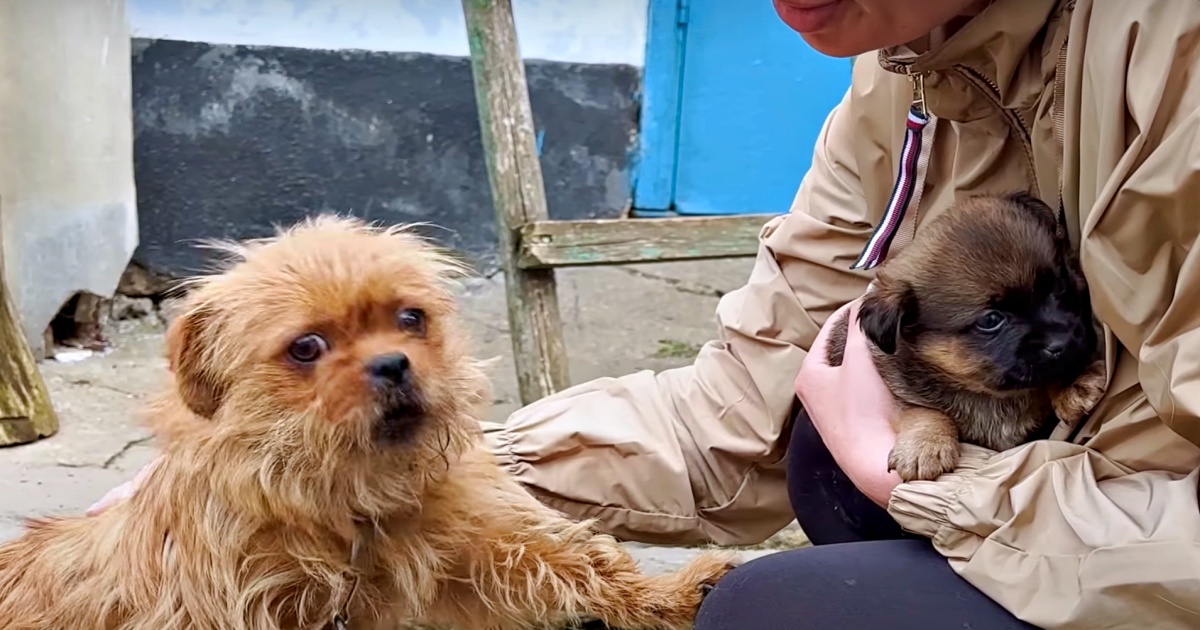“Trying to implement that on a very short period of time is virtually impossible,” Schuette said.
Jörg Waber, a spokesperson for Lufthansa, told USA TODAY existing bookings for dogs won't be affected, provided that all CDC requirements are met, but new bookings for dogs for flights on or after Aug. 1 will only be accepted at six airports in Washington, D.C., New York City, Atlanta, Miami, Los Angeles and Philadelphia. Marjo Hämäläinen, a spokesperson for Finnair, said the airline has applied for permission to continue transporting dogs to the United States without an air waybill.
Lawmakers sent multipleletters to the CDC raising concerns and asking officials to delay implementation of the new rules, which are meant to prevent the re-introduction of the viral disease that's transmitted through biting.
Rabies was eliminated from dogs in the U.S. in 2007. About a million dogs enter the country each year, and since 2015, four rabid dogs have been found entering the U.S., The Associated Press reported. Jennifer Skiff, director of international at Animal Wellness Action, said the fact that the handful of cases were caught showed the system was working as intended.
“It’s an overreach,” she said of the new regulations. “It's the government getting involved in something that they shouldn't have been getting involved in because the process worked already.”
Major U.S. airlines including American, Delta, United and Southwest say the new CDC rules do not change their policies around carrying pets, but all said passengers must fill out the paperwork as required. Delta and American both said they are pausing pet shipments in their cargo divisions.
Military families ‘blindsided’
The sudden changes in dog transportation were a “huge blow” to many military and diplomatic families, according to Liz Hensel, the 2024 AFI Marine Corps Spouse of the Year.
“When the CDC came out with their new policy, it completely blindsided not only military families but the diplomatic community as well,” said Hensel, also CEO of Leave No Paws Behind USA.
As a result, Hensel said many families are now scrambling to find pet shippers, a much more expensive alternative to flying with your dog . Hensel said when she brought her two dogs to Israel, where her family is currently based, it cost about $400 to take them on her flight. She estimated that using a pet shipper to return to the United States could cost as much as $3,000.
Service members can be reimbursed for up to $2,000 worth of expenses for moving a pet internationally and $550 for domestic relocation, a change Hensel spent years lobbying for. But as demand for pet shippers increases after the recent CDC changes, Hensel said she expects the cost to transport dogs internationally to rise well past that.
“It makes me feel a little defeated,” she said. “I fought so hard for the stipend and then for this to come back, and the cost is even to go higher, that $2,000 is not even going to do that much anymore.”
Animal rescue may have to halt operations
For Anna Umansky, co-founder of Friends of Sochi Dogs , the new rules could shut down her dog rescue operations in certain countries. Umansky said the nonprofit does most of its rescue work in Ukraine, which – like nearly all of the other countries it operates in – is considered high risk for rabies.
Umansky said her organization had flights scheduled for dogs and their accompanying volunteers throughout August, including some on Lufthansa, that will have to be moved or canceled as they make a “mad dash” to comply with the new rules. She said the nonprofit considered using a pet shipper or cargo service but “the prices are astronomical” on top of the fees they’ll incur to revaccinate and potentially quarantine the dogs .
“We're trying to figure things out, but I honestly don't know, given these expenses, if we'll continue to be able to rescue animals from there,” she said.
Umansky said the requirement that dogs vaccinated outside the U.S. be revaccinated upon arrival even after they pass a blood test proving they are immune to the disease is particularly onerous and seemingly medically unnecessary.
When asked about the requirement, spokesperson David Daigle said the CDC can't verify the protection provided by rabies vaccines administered to dogs outside the United States, and studies show it's safe to administer multiple doses of rabies vaccines to dogs even over a short period of time.
“It's disappointing, it's frustrating, and it's really, really upsetting,” Umansky said.
Contributing: Kathleen Wong and Zach Wichter, USA TODAY








